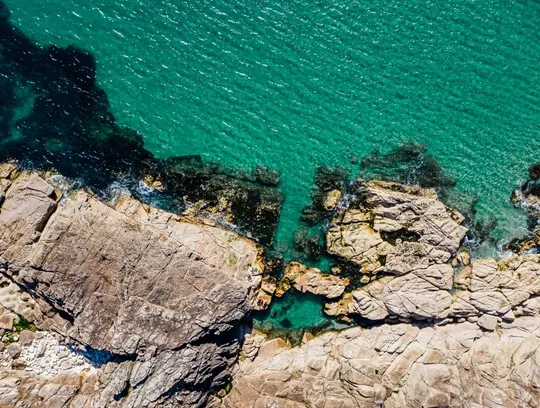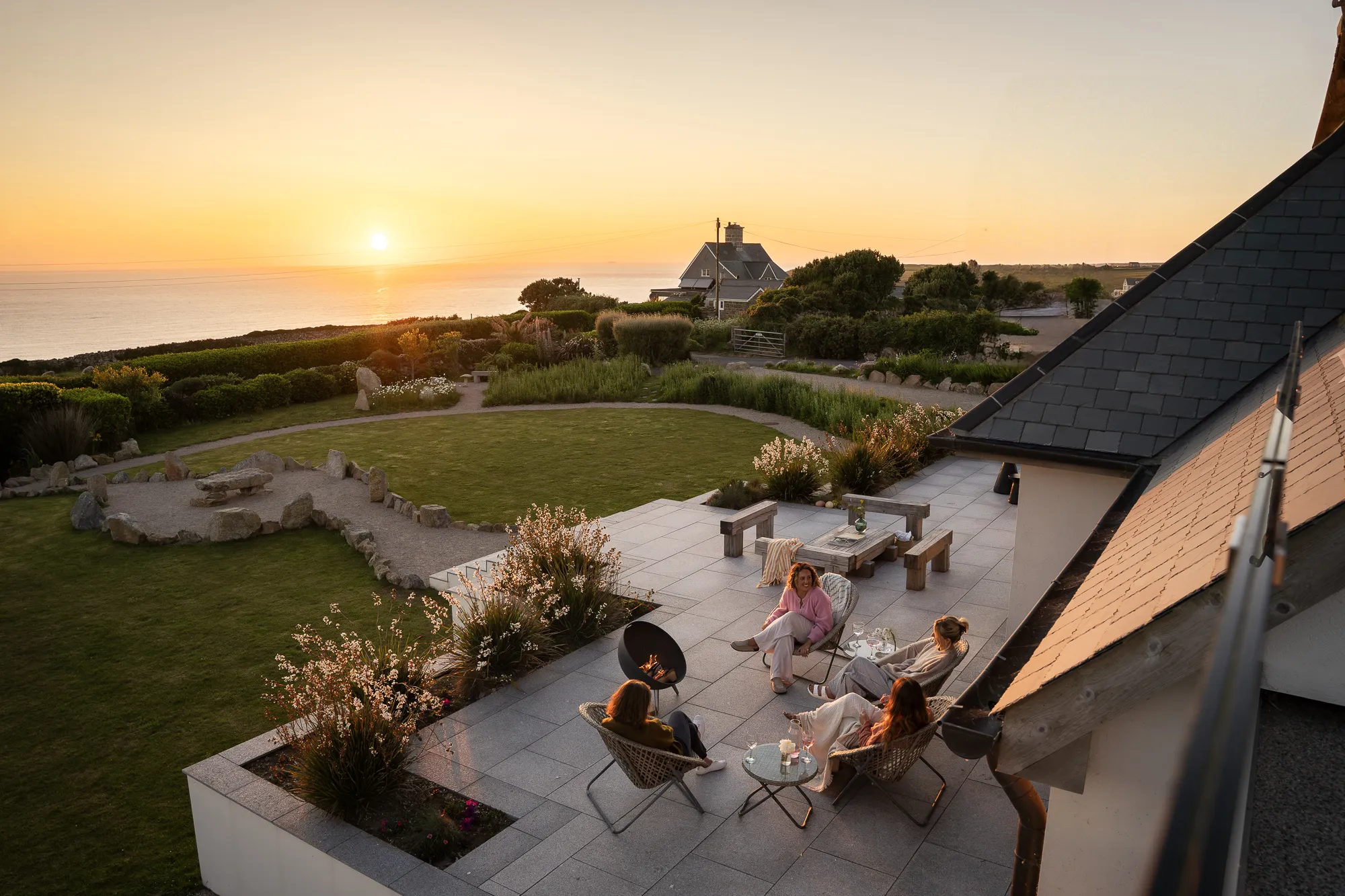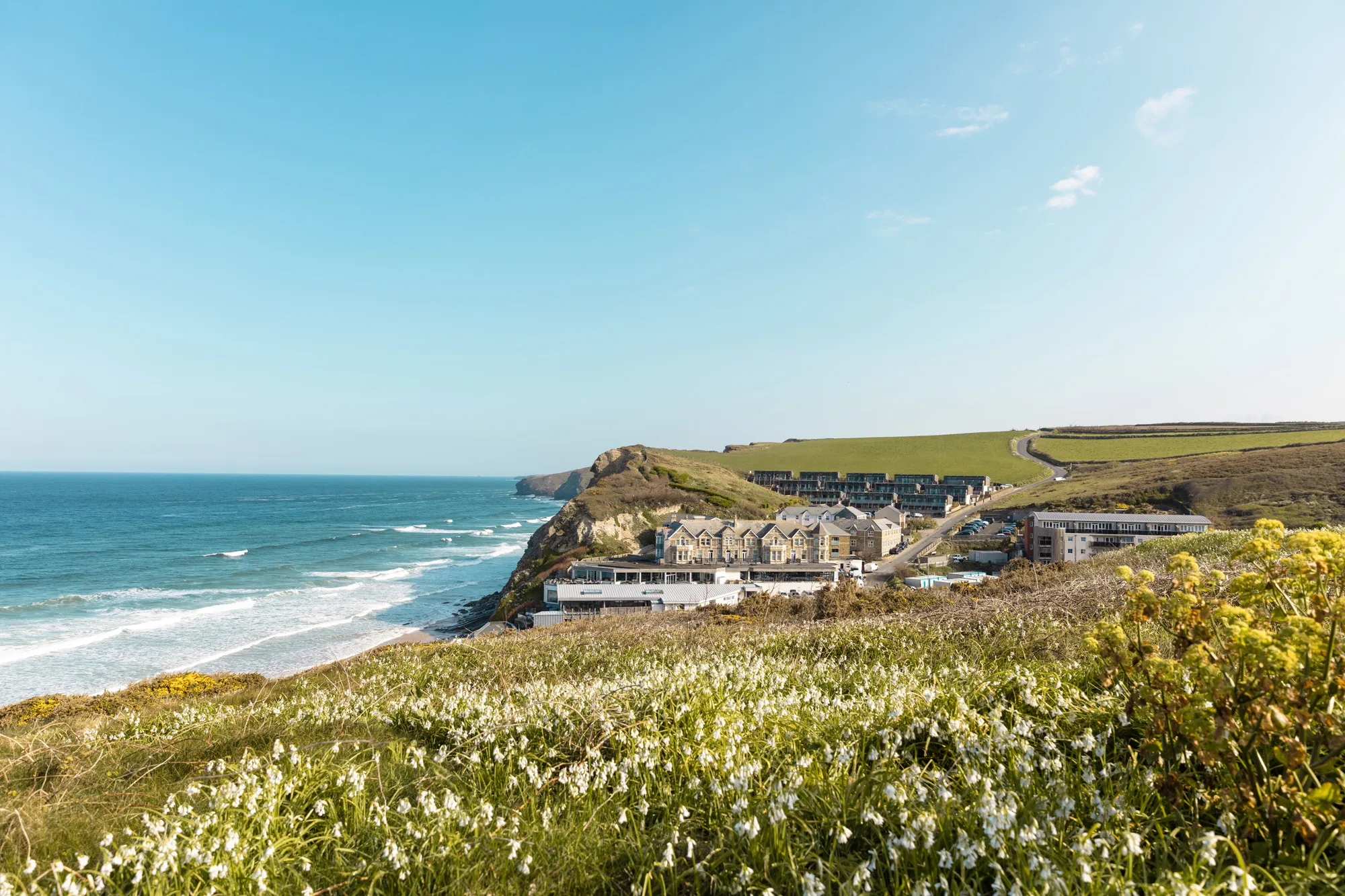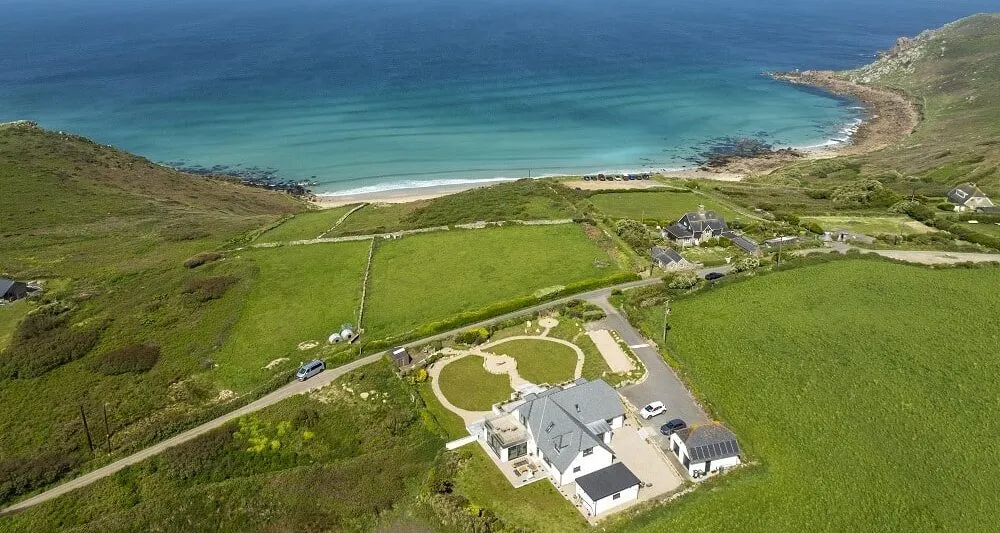Home / Walk Through Lynton and Lynmouth
Walk Through Lynton and Lynmouth
26th April 2017
Experience self-catering holidays in Devon by the sea.
Lynmouth encapsulates the wild beauty of north Devon, in a charming picturesque postcard village. The idyllic coastal town is often dubbed Little Switzerland, due to its spectacular landscape and tranquil waters. Flanked by high sea cliffs, Lynmouth is where Exmoor meets the sea.
Discover unbeatable savings and unforgettable experiences with Beach Retreats’ exclusive special offers.
The sheltered harbour, with its famous Rhenish Tower, nestles beneath the cliffs on north Devon’s heritage coast. On the rugged cliff top, overlooking the mooring, the Edwardian village of Lynton stands proud. A water-powered funicular railway connects the two resorts. One of the most environmentally friendly tourist attractions in the country, the cliff railway is a great way to experience the magnificent rugged landscape. On a clear day, from the Cliff Top Cafe in Lynton, visitors can enjoy breathtaking views across to Wales.
Lynton and Lynmouth offer a unique holiday experience. The twin villages are bursting with local charm and character with an array of independent shops, cafes and restaurants. In the summer at dusk, the resorts twinkle under the night sky as people wander along the pier and venture upon the cliff railway to Lynton. There is a priceless sense of nostalgia and identity in the region. The unspoilt landscape provides a sense of escape to those seeking a holiday from the busy pace of modern life.
Discover the charm and beauty of North Devon, where stunning landscapes and coastal adventures await with Beach Retreats.
Discover Exmoor.
Set in the heart of Exmoor National Park, Lynmouth is the perfect place to access the inner moor. Surrounded by magnificent wooded hills, this part of north Devon’s coastline provides plenty of walking (or for the less energetic – driving) opportunities.
Abundant with wildlife, Exmoor has more than 600 miles of marked footpaths to explore. Ponies, sheep and majestic red deer graze the moorland whereas falcons, buzzards and the rare merlin circle overhead.
From Lynmouth, visitors don’t have to travel far to experience the wild scenery of Exmoor. Follow the coast two miles east to Countisbury Hill to find hill tops teeming with wildlife. On Countisbury Hill the high ground tumbles to meet the coastal cliffs which plunge into the sea. In spring, the hill tops are golden yellow from wild gorse whereas in the autumn the hedgerows are an auburn colour.
Further inland, discover ancient woodlands and waterfalls at Watersmeet. The East Lyn river rips through the landscape on its journey from the plateau of Exmoor to the sea and Lynmouth. Giant boulders and striking outcrops are left behind as the river carves its way through the landscape, creating one of Britain’s deepest river gorges.
In the 19th century this wild landscape drew tourists and great Romantic poets. Southey, along with Coleridge, Wordsworth and Shelley were enchanted by Lynmouth and its hinterland, comparing Watersmeet with the Alps.
Once a Victorian fishing lodge, Watersmeet House is a charming tearoom set within the picturesque landscape of hidden Exmoor. Enjoy a traditional Devonshire cream tea with whortleberry jam and listen to the trickling water of the East Lyn river. During the summer months, the river provides the perfect fishing spot for salmon and sea trout whereas in the quieter months, the waters are great for canoeing.
Explore the Valley of the Rocks.
Dramatic scenery encapsulates the north Devon coastline and inner countryside. The spectacular moorland at the Valley of the Rocks is less than one mile in walking distance of Lynmouth. The Valley of the Rocks is a unique dry valley that runs parallel to the coast.
In the area, there are plenty of walks with striking weathered rock formations with names such as “The Devil’s Cheesewring”, “Ragged Jack” and “Castle Rock”. The sublime valley has its own population of wild goats which roam the rocks and cliff edges. Climb the rocks to experience breathtaking views across the rugged landscape and Bristol Channel.
Discover the foodie delights of The Ancient Mariner in Lynmouth, where delicious food and drink are served in a charming, historic setting.
Fancy a walk on the wild side?







